Google knows where you are - and so do advertisers
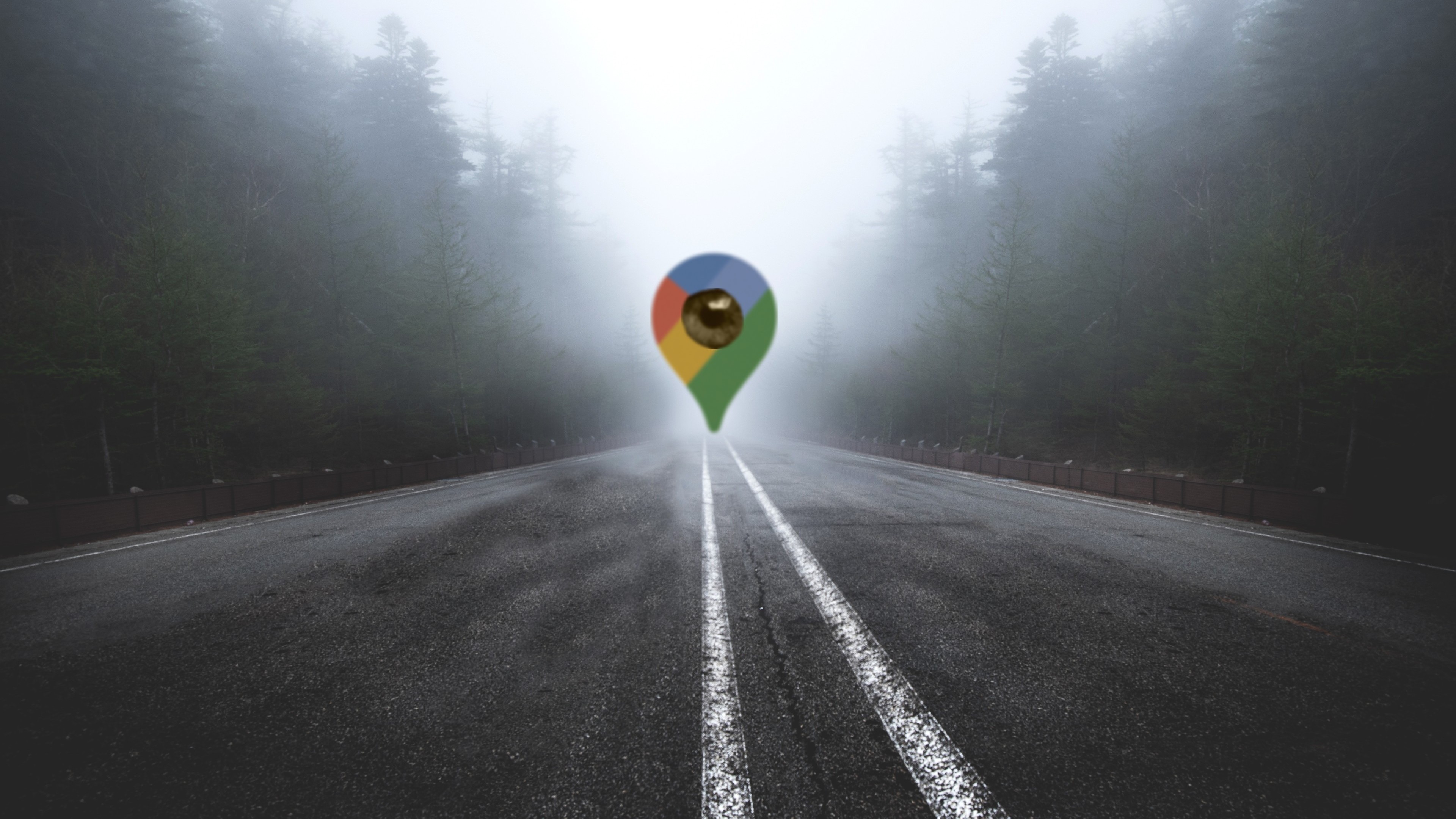
Google Maps app knows everything. Not only everything about every street, cafe, bar and shop on this street - but also about the people who visit them. With a billion people using the service every month, the app is deeply rooted in people's lives. It guides them on their way to work, visiting friends and family, seeing a doctor, and when traveling abroad.
The fact that the Google Maps application has the ability to follow your every step does not automatically mean that it is abusing these capabilities. But it could - which is a problem in itself, especially since Google is headquartered in the United States, where privacy is worse than in Europe, and intelligence is seen spying on civilians.
Yes, Google Maps is a very useful application. However, there are several reasons why you should double-check all your privacy settings. Then ask yourself how much of your personal data you are willing to sacrifice for convenience.
Google Maps needs a history of your searches
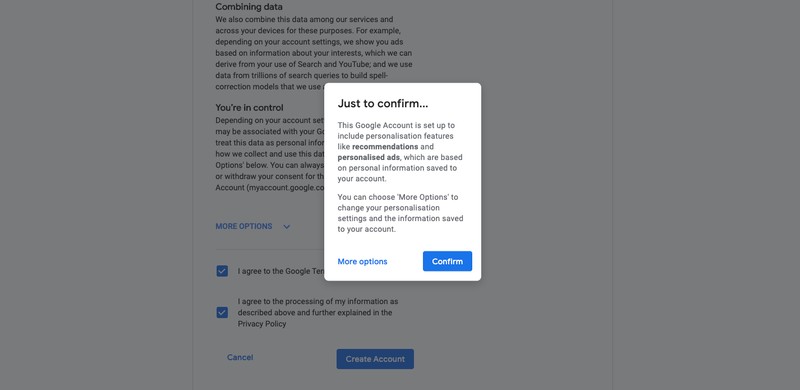
Automatic preferences when creating a new account with Google
The Web & App Activity settings in Google describe how the company collects data about users, in particular about their location, in order to provide them with a faster service and personalized content. Simply put, absolutely all the places that you looked for in the maps - be it a strip club, a shawarma shop, or a place where you meet your drug supplier who comes there on a moped - is saved, being integrated into the Google search algorithm for 18 months.
Google knows you find this frustrating. Therefore, the company uses the so-called. Dark patterns are interfaces that nudge us toward choices that we’re unlikely to make ourselves. This can be the highlighting of one of the selection options with a different font or brighter colors.
For this article, VICE magazine created a new Google account to see how difficult it will be for the user to avoid "hidden patterns." By clicking on the "Create an account" button, we got a pop-up window where small gray letters were asked to "change the settings to enable personalization functions", and the confirmation button was much larger and blue in color. By clicking the button, we were agreeing to the collection of "web and app activity" mentioned above. Alternatively, there was a less visible "More options" button that opened a new page with long and complex explanations. And then all the same it was necessary to manually disable the collection of "activity in the web and applications."
We sent 12 questions to the Google press office, and a company representative answered us in the sense that Google wants the settings to be easy to find and simple to use. She said these settings were carefully designed and that the company is open to feedback. She also answered some of the questions in detail, but did not allow these answers to be published.
Google Maps limits options if you don't want to share your search history
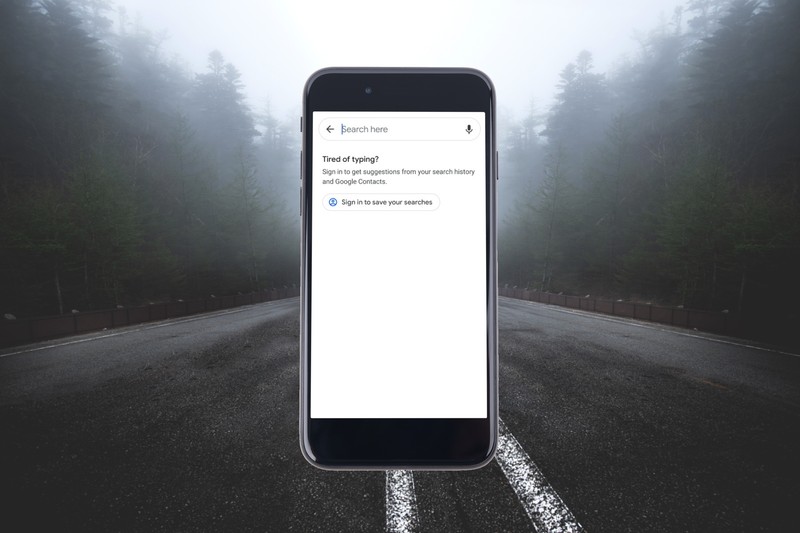
Google Maps when you don't have a connection
When you open Google Maps, you will see a circle in the upper right corner, symbolizing that you are signed into your Google account. It's not obligatory. You can get out of there. Naturally, the exit button is hidden, but it can be found. Click on the circle, settings, scroll down, exit Google Maps.
Unfortunately, Google Maps will not let you save frequently visited places unless you sign in. If you use cards without logging into the account, by clicking on the search bar, you will see a button "tired of typing?", Inviting you to log in, and thereby inciting you to collect more of your data.
Google Maps can snoop on you
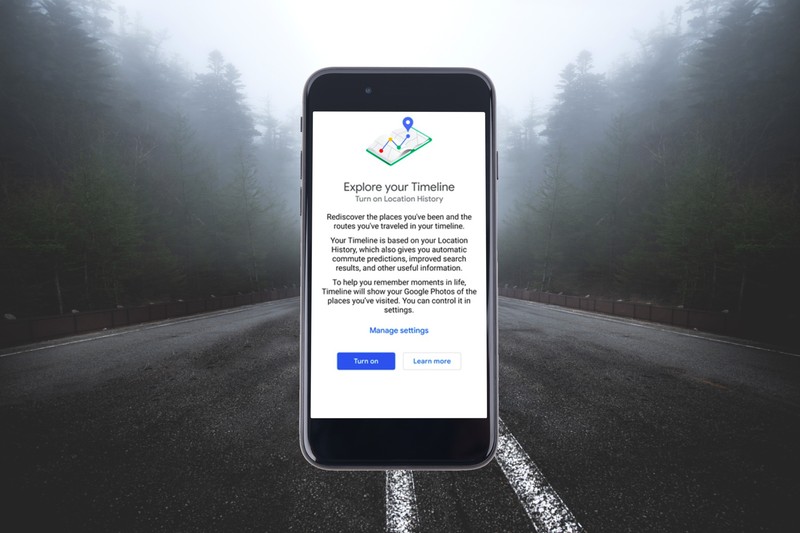
Google Maps Timeline
Another problematic feature is Google Maps Timeline . It shows “approximate places you might have been and routes you might have taken based on your location history.” With its help, you can see your routes of movement, including the transport that you probably used - for example, a car or a bicycle. Its obvious disadvantage is that Google will know about all your movements, as well as anyone who logs into your account.
And it's not just about hackers - Google can also share data with government agencies like the police. Google's Q&A page says that the legal team will consider each case separately. The company issues a transparency report every six months. There is nothing for 2020 yet. Between July and December 2019, Google received 81,785 requests for 175,715 accounts from around the world, and in most cases returned the requested information.
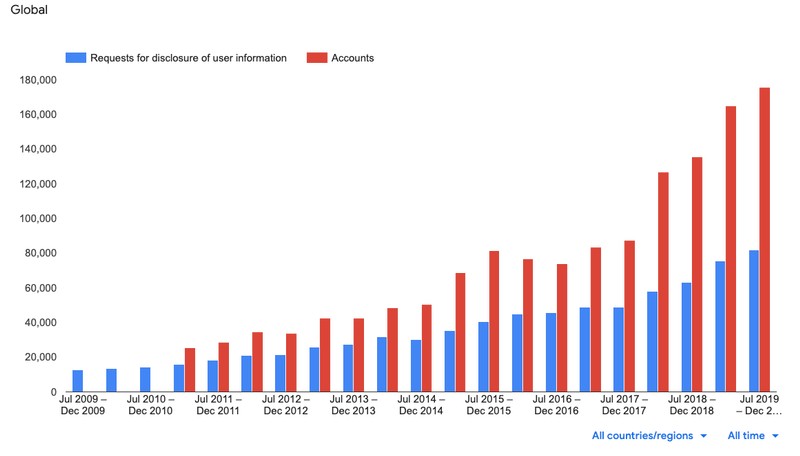
Schedule of Worldwide Disclosure Requests, 2009 to 2019
If your Timeline on your phone is turned on, it “keeps track of where you go with your device, even if you don't use any of the Google services” like described onsupport page . This is useful if you lose your phone, but turns it into a surveillance device.
Google Maps wants to know your habits
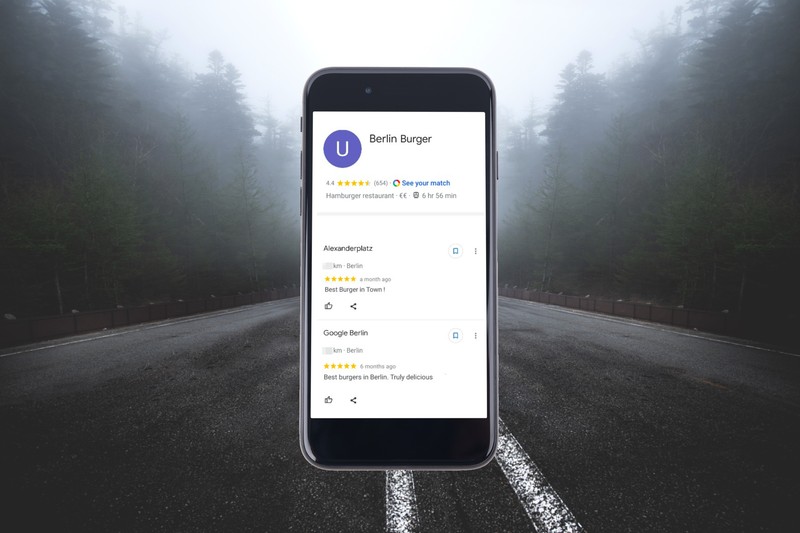
Fictitious example testimonials
Feedback on maps can be very helpful, but a quick search can reveal sensitive information thoughtlessly left by users themselves. I will give just one example of a review left by a user, apparently using his real name, about a supermarket in Berlin. "I've been going there two or three times a week for four years in a row, to shop for my family or take a walk after dinner." Needless to say, sharing such information with the world is risky.
Google Maps often asks users to share their rating of the place. “How do you like Berlin Burgers? Help others understand what to expect, ”the app suggests after you pick up your food for dinner. This seems to be a simple and sincere question that addresses a positive sense of helping other people. But all this information is collected in your Google profile, and someone outsider can figure out if you go to this place occasionally (for example, on holidays), or if you live nearby.
If you regret your review, Google at least gives you the option to hide reviews after they have been posted. An unintuitive way to this opportunity is as follows (in the Android mobile application): profile icon - your profile - Edit profile - Profile and access settings - scroll down - Profile with limited access. After enabling this feature, only approved users will be able to follow your profile and your reviews.
Google Maps doesn't like being offline
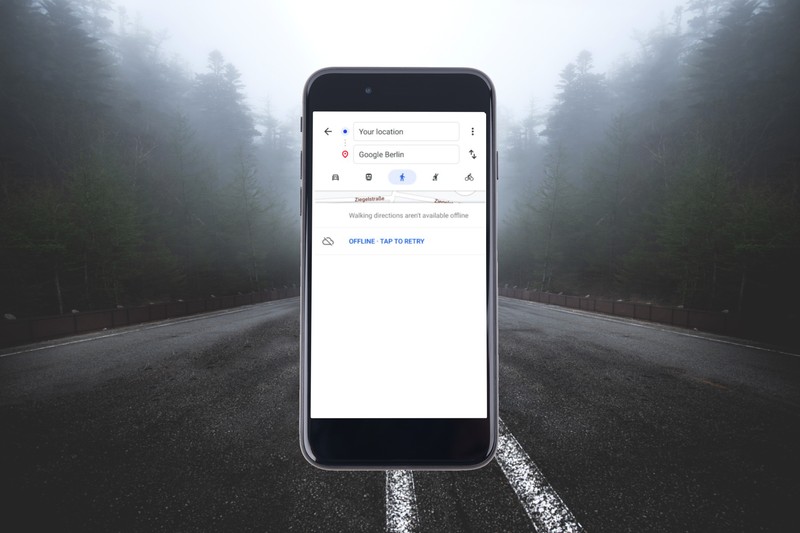
Google Maps Offline
Remember GPS Navigators? They may have been clumsy and cumbersome, but they serve as a good reminder that you can get directions without an internet connection. Other apps have offline navigation. You can download maps for Google Maps, but offline navigation is only offered for cars. The tech giant is unlikely to figure out how to guide pedestrians and cyclists without internet access.
Google pretends to do all this for your own good
"Delivering useful and meaningful services is at the heart of Google's business," the company's website says. It also states that for the same reasons, it is important for a company to know where you are. She claims she uses this information for all sorts of useful things like "security" and "language settings" - and, of course, selling ads. Google is also selling advertisers the ability to measure the extent to which a campaign has achieved its goal (that is, you), and to see how often people enter physical stores
"anonymously by aggregating information." But only if you want to (or forget to disable this option).
Google Maps has alternatives, but not as good
Sometimes there are alternatives for problematic applications. For example, there is an alternative to WhatsApp, but not Google Maps. Apple Maps' privacy settings are stricter, but there are no such maps for Android. Apps like Here WeGo and OsmAnd also collect information, but they are not so convenient to use. But if you like to walk, preferring to be offline, then OsmAnd and Maps.me will at least show you directions without an internet connection.